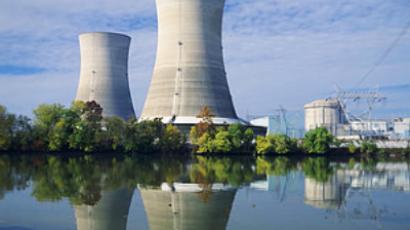Sanctions against North Korea unlikely to work
South Korea has cut off trading with North Korea and is threatening to take the country before the UN in retribution for a torpedo attack on a South Korean navy ship that killed 46 sailors.
Sanctions are not likely to make an impact on North Korea, at least not a large one capable of achieving the results South Korea and its ally the United States would like to see.
“North Korea does seem to care very deeply about its international image, so if nothing else, additional sanctions have an important symbolic impact on the calculations of future activities by the North Korean leaders,” said Denny Roy, a security expert from the East-West Center in Honolulu.
Many of North Korea's actions are considered rogue, however, the nation does not like to be categorized as a rogue nation.
“They have actually responded well in the past to gestures that seem to show them some respect and very negatively to gestures that show them disrespect,” said Roy.
Although South Korea is North Korea’s second largest trading partner, the cessation of trade will likely have little impact on North Korea. Simply put, sanctions are not likely to have the level of impact desired. Their greatest impact will be symbolic, said Roy, but it is not going to be enough to illicit change on the part of the North Koreans.
“I don’t think that this next round of sanctions will be successful in getting North Korea to change the key policies that the United States and South Korea want them to change, namely in the short term an apology for the Cheonan sinking and in the long term, an agreement to de-nuclearize,” said Roy.
The incidents have also forced other politicians in the Asia-Pacific region to adjust their policies. It may have been a factor in the decision by Japanese Prime Minister Yukio Hatoyama to retain the US military base in Okinawa, although moving the base off the island had been a key promise of his election campaign.













